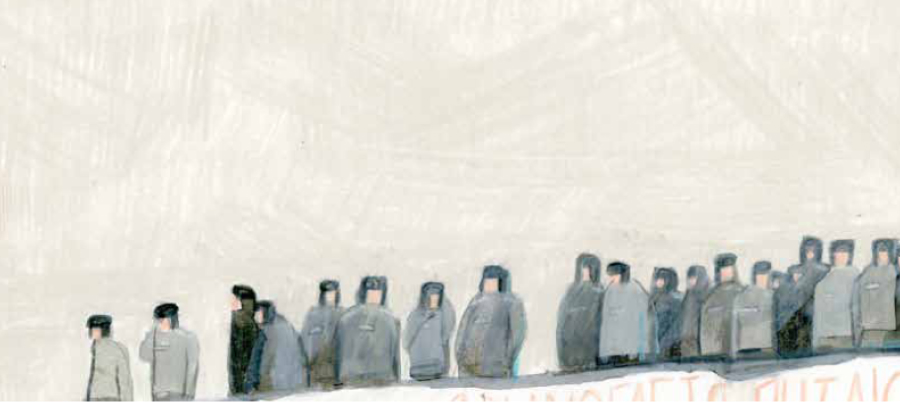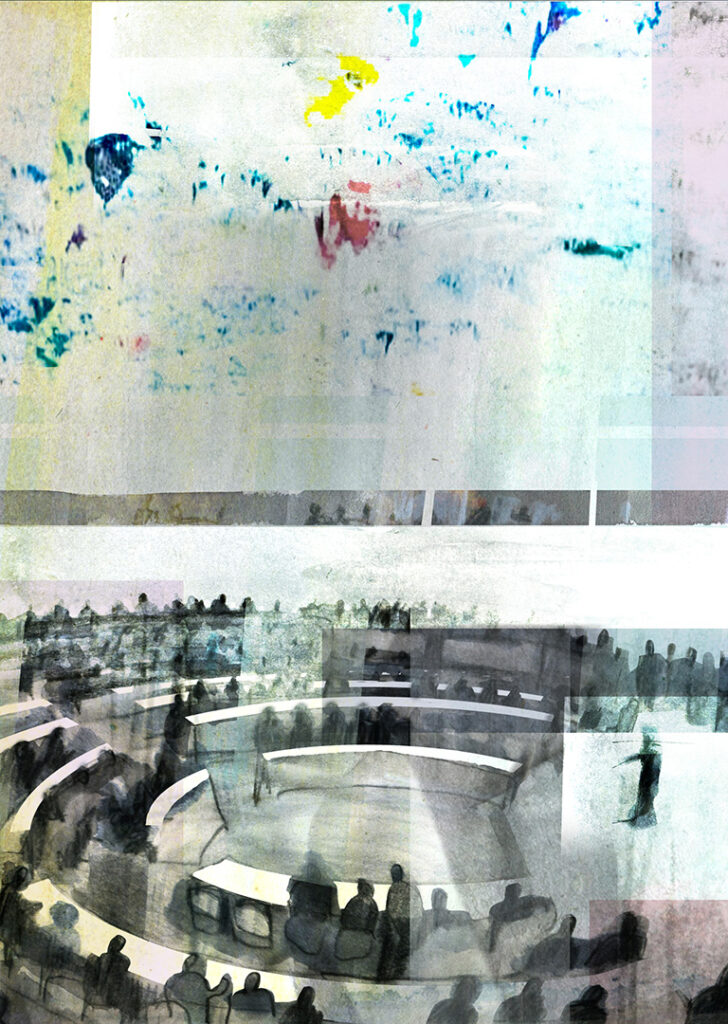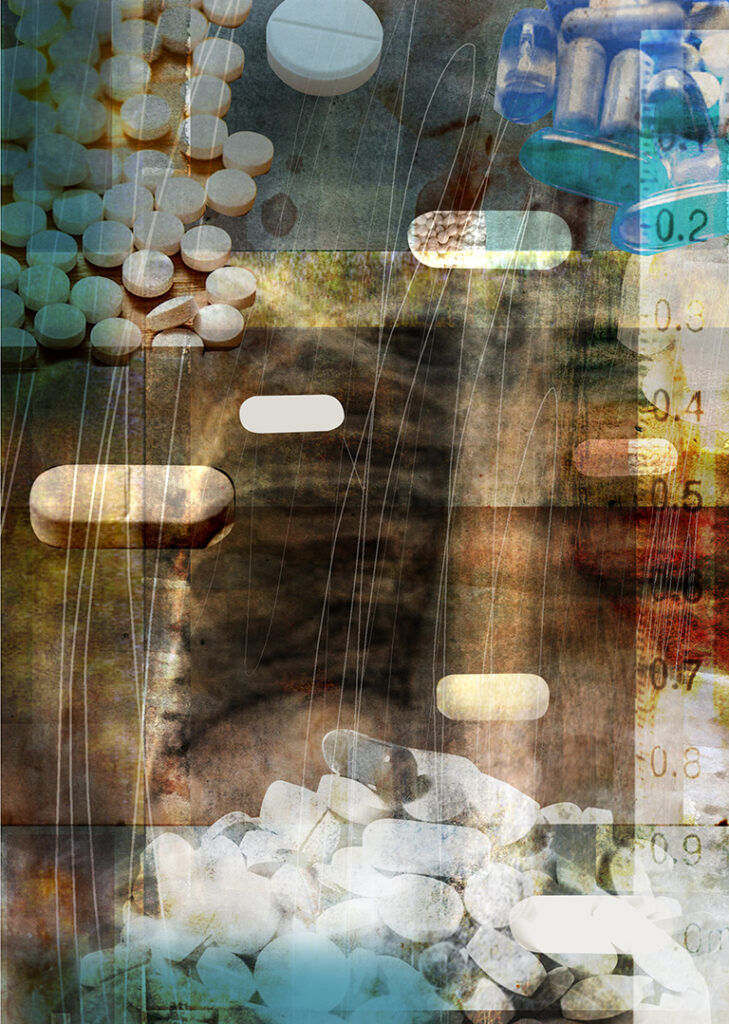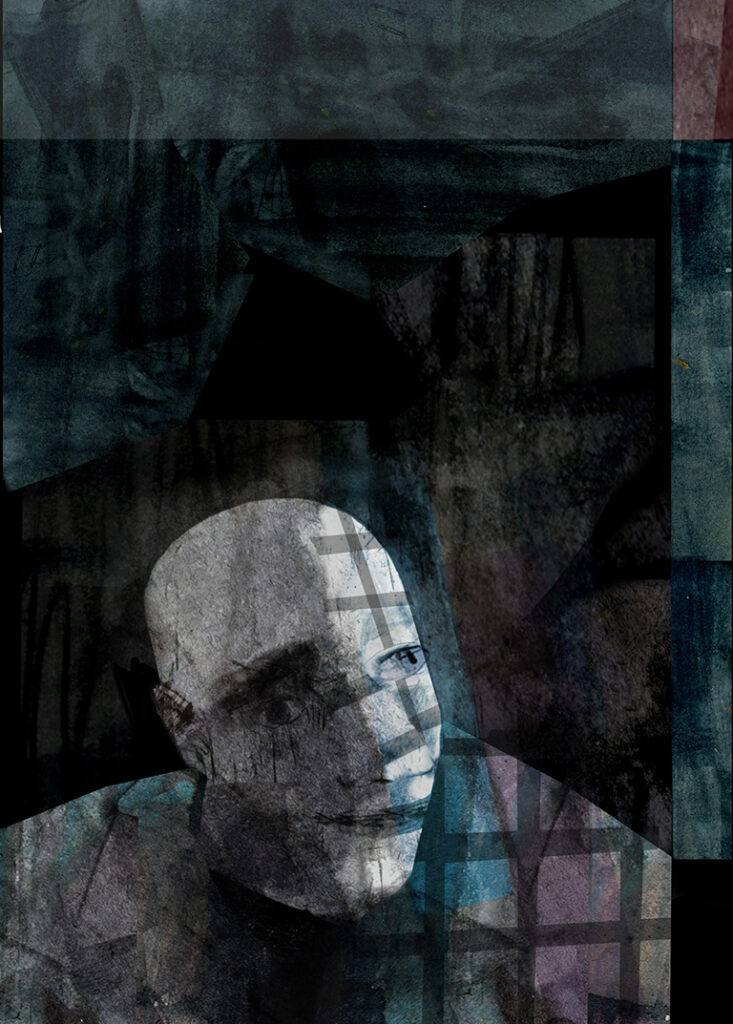EPLN addresses the question of prison violence by documenting and alerting on cases of torture and ill-treatment and defending the victims before domestic and international courts. In countries where the practice of torture is endemic it also addresses the structural causes of torture and the complete subjugation of the prison population to the prison administration. We campaign in particular for the fight against the impunity of perpetrators of torture acts, through advocating for transparent and effective state investigation of torture cases and providing legal assistance to victims and their families for the prosecution of perpetrators and reparation.
Since Russia’s full-scale invasion of Ukraine, we also work with Protection for Prisoners of Ukraine, Kharkiv Human Rights Group, Ukraine without Torture, Human Rights Center SICH, and DIGNITY to document crimes committed against Ukrainian prisoners under Russian occupation and defend victims before domestic and international courts.
EPLN also addresses prison violence, so central to life in prison across the continent, by questioning its root causes and analysing the characteristics of the prison environment that create structural conditions for violence (overcrowding, length of sentences, use of disciplinary sanctions, harsh prison regimes).
We question in particular an increasing trend in policies responding to prison violence with risk assessment measures aimed at categorizing prisoners. This approach both obscures the institutional factors of violence and subordinates the benefit of rights to the condition of behaviours that conform to prison expectations. In so doing, prison obliterates the substance of rights that have been hard won in court.
EPLN addresses prison violence by campaigning for the reduced use of incarceration and litigating for access to sentence adjustments for detainees convicted to long and life sentences.







